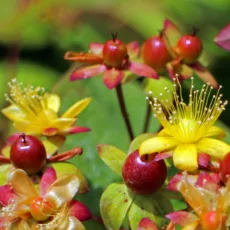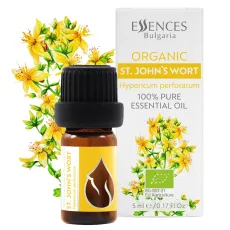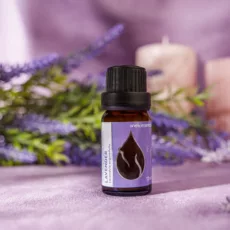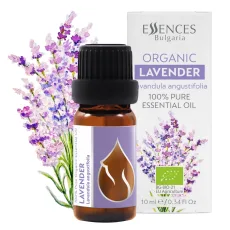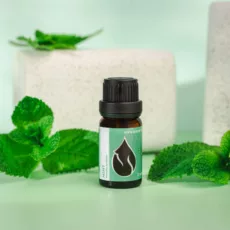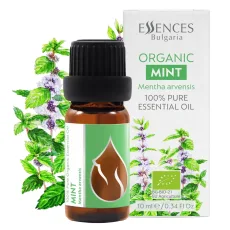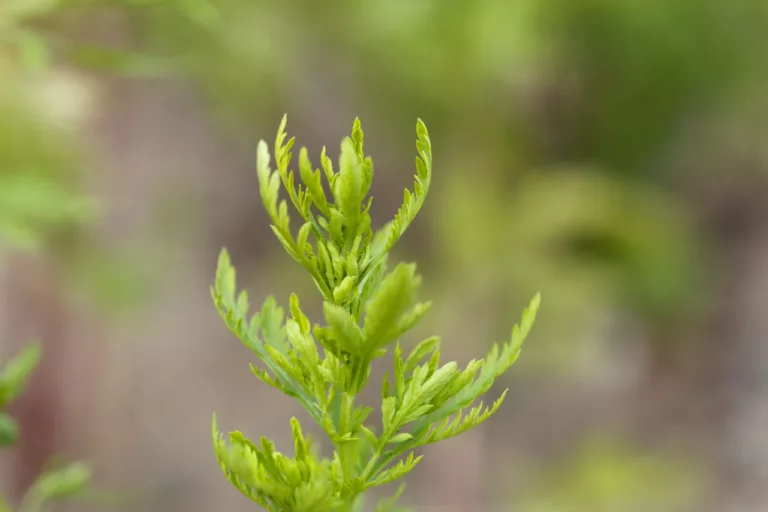St. John’s Wort
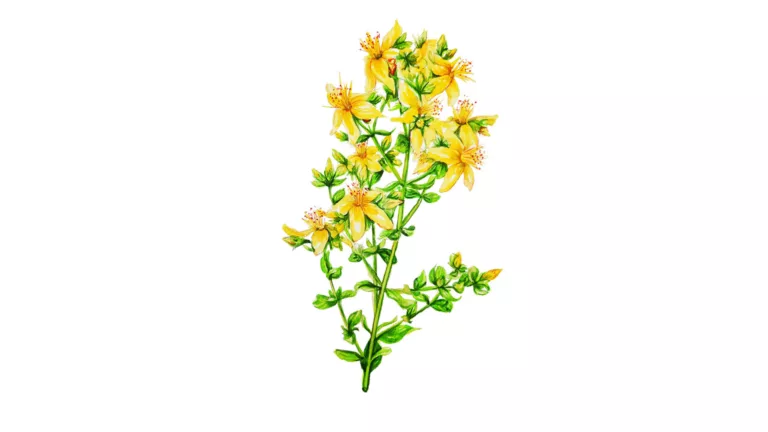
St. John’s wort (Hypericum perforatum) is a perennial herbaceous plant from the St. John’s-wort family (Hypericaceae). The herb is also known by the folk names Christ’s Blood, Christ’s Wonder-Worker, Zvǎnika, and Porezniche. A red sap runs through the medicinal plant, creating the uncanny impression that it contains drops of blood.
Hypericum comes from the Greek word “hyperikon,” which is divided into “hyper,” meaning “end,” and “eikon,” meaning “image or apparition.” This is a reference to the belief that the herb has such a powerful effect against evil spirits that even a single waft of it would make them vanish. It is said that in the presence of such a sun-filled herb, no evil could exist.
It has been known to humankind since deep antiquity as a magical herb that naturally pours light, vitality, and energy into the human body and exerts a powerful influence on body and spirit. Legend has it that in the first century early Christians named the herb after John the Baptist (St. John’s Wort), because its peak flowering is around June 24—the day on which the Nativity of St. John the Baptist is celebrated. In folk belief, St. John’s wort is a symbol of the sun and the summer solstice; it purifies the body and protects us from evil forces.
St. John’s wort is especially valued for its content of hypericin—the strongest natural antidepressant known to science—and is successfully applied to treat depressive states, dejection, anxiety neurosis, insomnia, neurasthenia, restless sleep, stomach pains of nervous origin, and mental exhaustion. The chemical constituent hyperforin, contained in St. John’s wort, may be useful in the treatment of alcoholism.
St. John’s wort is known as the herb for 99 ailments. In folk medicine it is used to speed the healing of wounds and burns, to improve heart function and ease menstrual pain, and to treat skin diseases and infections of the oral cavity.
Recent research suggests the effectiveness of this powerful herb in treating other conditions as well, including those associated with inflammatory processes, bacterial and viral diseases, and as an antioxidant and neuroprotective agent.
